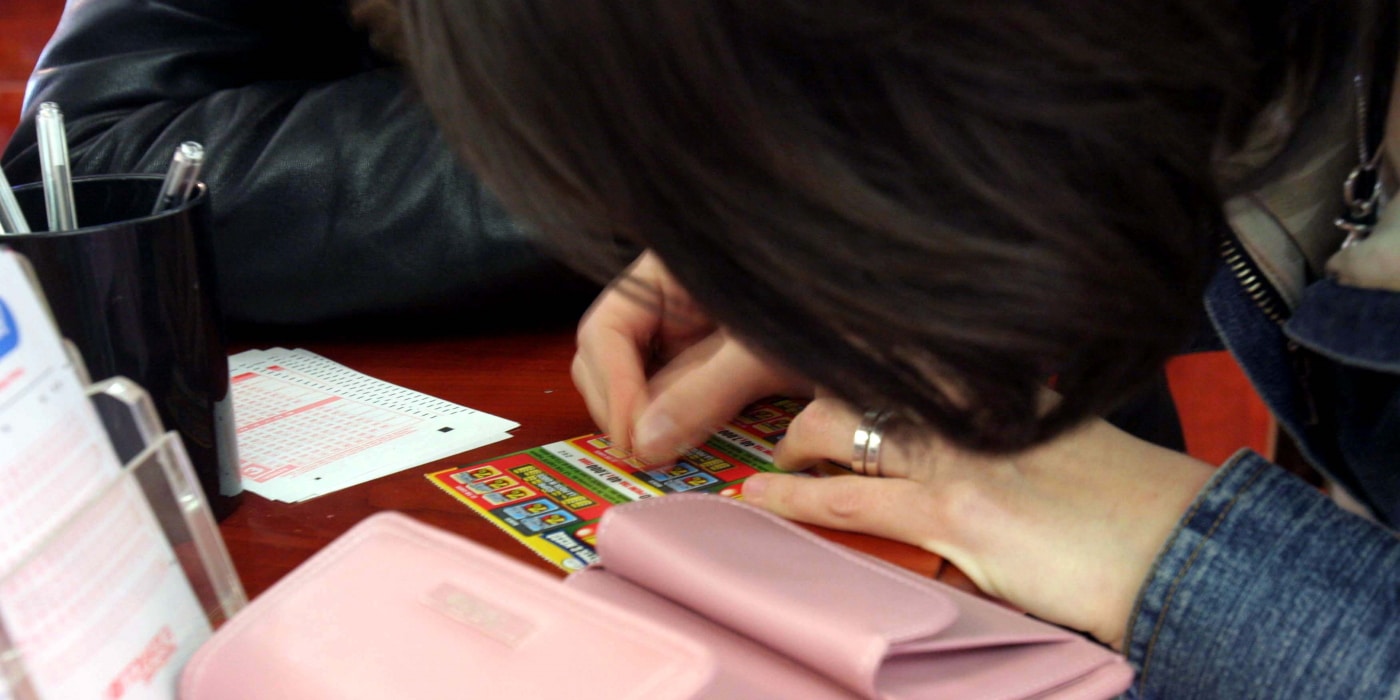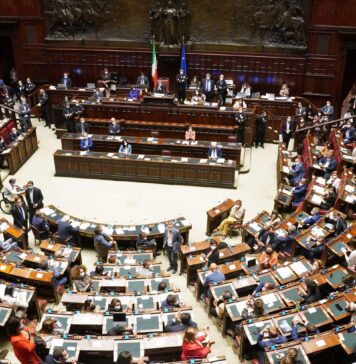The Council of State upheld the appeal of the Municipality of Spirano for the reform of the pronunciation of the Brescia Tar regarding the time slots imposed by municipal regulation on the sale of Scratch and Win coupons and 10eLotto.
The appellant administrations challenged the sentence of the Brescia Tar, with which the Tar partially accepted the first instance appeal, proposed by Mr. XXX and the Italian Tobacconist Federation, and consequently annulled, with effects limited to the "10 and lotto"And to"Scratch and win”, the rules of the regulation approved by the Municipality of Spirano for contrasting the phenomenon of pathological gambling deriving from forms of lawful gambling, which provide for the introduction of slots (art. 5) and the prohibition of installing vending machines outside establishments (Article 4, paragraph 4).
The appellants had therefore argued that the Municipality had unduly broadened the range of games identified by the regional law as potentially compulsive.
3.3. The plea also highlighted that the managers of the games in question could not be equated with the owners of commercial establishments and public establishments, subject to the power to limit the hours, pursuant to art. 50, paragraph 7, Tuel, since these would be establishments other than those expressly listed by the law, subject to specific reservations by the State and to already existing regulatory provisions which regulate their opening hours (art. 33 of law no. 1293 of 1957 and art. 72 of Presidential Decree 1074 of 1958).
3.4. The appellants (at first instance) had also highlighted the relationship of trust and the constraints of efficiency of the gambling concessionaire lotto, also as regards observance of operating hours, and the provision in the contract for the concession of penalties for the case of unauthorized suspension, as well as the provision in the specifications of the power to revoke the concession.
Finally, the plea concluded with the consideration that, with regard to art. 4, paragraph 4, and 3.5. the art. 9, paragraph 2, of the contested regulation, "all the arguments developed regarding the scope of application can also be extended to the aforementioned regulatory provisions” (p. 24). With respect to these articles, concerning the regulation of the location of the appliances and the ban on advertising, the appellants had not developed specific objections; not even in this plea had complaints relating to the preliminary investigation, the motivation and the figures symptomatic of the excess of power been dealt with, which the applicants had limited themselves to mentioning in the title of the paragraph.
In other words, according to the prospectus of the appellants, the introductory appeal of the judgment would only deal with the alleged non-existence (in relation to various profiles) of the regulatory power of the Municipalities with regard to the discipline of the "10 and lotto" he was born in "Scratch and win”, as they can be legally classified as legal gaming activities belonging to the state monopoly and managed under a concession regime or in any case in the absence of public safety authorisation.
With the second reason, the appellant parties subordinately deduce: erroneousness of the sentence, for violation of art. 50, paragraph 7, of the Tuel; excess of power due to unreasonableness and illogicality, manifest injustice and lack of motivation.
For the Council of State "from the analysis of the reasoning of the contested sentence it emerges that the judge of first instance focused on arguments and considerations that do not find an implicit or explicit reference in the complaints formulated by the appellant parties (in first instance), the whose perimeter is the one indicated above; on the basis of these arguments and considerations, the Brescia Tar reached the decision to partially accept the request for annulment of the contested regulation (in the senses indicated above).
The decision for partial annulment of the municipal regulation is therefore affected by a defect of ultra-petition, since the judge of first instance placed at the basis of the decision for partial acceptance of the application for annulment complaints not expressly formulated by the appellant parties nor inferable deductively from the defects reported.
In the appeal initiating the proceedings, the appellants contested (partly here) the legitimacy of the contested regulation, deducing the absence of the regulatory power of the Municipality with regard to the regulation of the games in question ("Scratch and win"; "10 and lotto"), due to the specialty of the legal concession regime envisaged for the game "10 and lotto” and, in any case, to the non-subordination of the exercise of these legal gaming activities to the authorization of public safety as well as in consideration of the non-existence with respect to the aforementioned games of the conditions for the exercise of the municipal regulatory power, provided for by art. 50, paragraph 7, of the Tuel
The judge of first instance, while deeming the Municipality entitled to exercise the regulatory power also with regard to the games in question, argued (apart from the complaints raised by the appellant parties) that the regulatory power was not exercised correctly, being flawed under the profile of the preliminary and motivational shortcomings in relation to the failure to evaluate the effects of the hourly limitations envisaged at a regulatory level on the proceeds of the management of the games and constituting an undue interference by the Municipality on the manager's power to organize the external spaces of his exercise.
However, as highlighted above, the defects of legitimacy found by the judge of first instance and placed at the basis of the contested decision (partial acceptance of the appeal), do not find an express or implicit confirmation in the deductions of the appellant parties (at first instance) and place outside the perimeter of the powers attributed to the administrative judge, delimited by the aforementioned principle of correspondence between requested and pronounced.
It is certainly true that some figures of excess of power are referred to in the reasons listed in the introductory appeal of the judgment (as reported above), but the related complaints were not then made explicit by the appellant parties during the exposition of the reason in order to provide at least a principle of proof, useful for identifying the theses supported in support of the final question. In conclusion, for the above reasons, the sentence with which the judge of first instance annulled "with effects limited to 10 e Lotto and the Scratch and Win, in relation to the interest asserted in court, the provisions of the Regulation which provide for the introduction of time slots (art. 5) and the prohibition of installing machines or vending machines outside the exercises (art. 4 paragraph 4)”; consequently, the appeal must be accepted and, in reform of the contested sentence, the first instance appeal must be rejected.












